
Voters are split on whether Anthony Albanese or Peter Dutton is better equipped to deal with Donald Trump, according to a new poll, as Australians’ trust in the United States drops to two-decade lows following the president’s return to the White House.
The Lowy Institute survey found 34 per cent of respondents thought Mr Albanese would be better at managing Australia’s relationship with the US and Mr Trump compared to 35 per cent who chose Mr Dutton and 30 per cent who were undecided.
But the poll found Australians were more confident in the Labor leader when it came to the relationship with Chinese President Xi Jinping, with 45 per cent of respondents choosing Mr Albanese compared to 25 per cent for Mr Dutton.
In response to a general question about which major party leader would be better at handling foreign policy in the next term, 41 per cent said Mr Albanese, compared to 29 per cent for Mr Dutton, and 29 per cent who didn’t know.
Ryan Neelam, the Lowy Institute’s director of public opinion and foreign policy, said Mr Albanese had the benefit of being the incumbent.
“He’s had the opportunity to show Australians, on a day-to-day basis, what his foreign policy agenda looks like,” he said.
“It is theoretical at this stage for the opposition leader, so he has a task to prove what his credentials would be.”
Mr Neelam said recent relations with China over the past few years could be part of the reason why voters thought Mr Albanese would be better placed to manage Australia’s relationship with Mr Xi.
“I wouldn’t say it’s been a reset in the way the public perceives China, but there’s certainly been more engagement and there’s been a roll-back of the coercive trade measures that China put in place against Australia.”
The survey of 2,117 adults took place via phone and online over two weeks in March, beginning in the days after Mr Trump delivered his state of the union address.
Foreign policy has featured heavily in the federal election campaign so far, in part due to the Trump Administration’s tariff decisions and the recent presence of Chinese warships along Australia’s coast.
Australians backed Mr Albanese over his opponent as better to manage Australia’s relationship with China.
Both leaders have said they would stand up for Australia’s interests in the face of threats of further tariffs from Mr Trump, while the Coalition has had to respond to questions on the parallels between some of their policies and those being pursued by the US government.
The widespread impact of Mr Trump was once again in focus over the weekend, when Coalition Senator Jacinta Nampijinpa Price declared her party would “make Australia great again” before clarifying that it wasn’t meant as an ode to the foreign leader.
Meanwhile, Labor has sought to capitalise on the perceived links between Mr Trump’s agenda and the Coalition’s platform, accusing the opposition of importing foreign policies.
Trust in US at 20-year lows
The Lowy Institute poll — which has a margin of error of about 2.1 per cent — also found only 36 per cent of Australians expressed any degree of trust in the United States to act responsibly, the lowest level recorded in any of the think tank’s polls over two decades.
Conversely, support for the US-Australian alliance has remained strong, with 80 per cent of respondents believing that it is either “very” or “fairly” important to the country’s national security, a similar result to the previous year.
Belief in the importance of the alliance has historically been high, including throughout the first Trump administration. It dropped to its lowest point during the war in Iraq in 2007, according to the Lowy Institute.
“Given President Donald Trump’s norm-shattering approach to his second term, it’s no surprise that Australians are less trusting of the United States,” Mr Neelam said.
“But Australians continue to show that they still separate the unpredictability of the White House from the role the alliance plays in our security.”
But Mr Neelam said the long-term impacts are yet to be seen.
“The question is, how much does that trust affect perceptions of the alliance in the future?
“Alliances are built on trust, and we can see that the effect of Trump’s first several months in office has been a sharp decline in how Australians view their security ally.”
In response to questions about specific Trump Administration policies, the president’s desire to take over Greenland was the least popular amongst respondents (89 per cent disapproving), followed by his use of tariffs to pressure other nations to comply with his objectives (81 per cent).
Mr Neelam said ongoing tariffs imposed on Australia could have a “corrosive effect” on levels of trust amongst Australians towards the United States.
When the survey was conducted, the US president had announced his plans for a 25 per cent tariff on all steel and aluminium exports but the broader “Liberation Day” tariffs had yet to be announced.


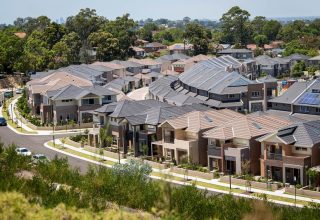

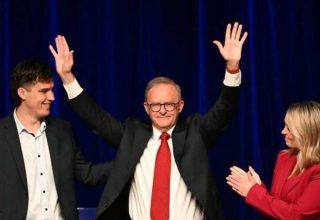
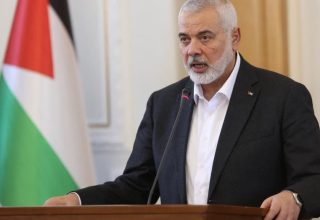

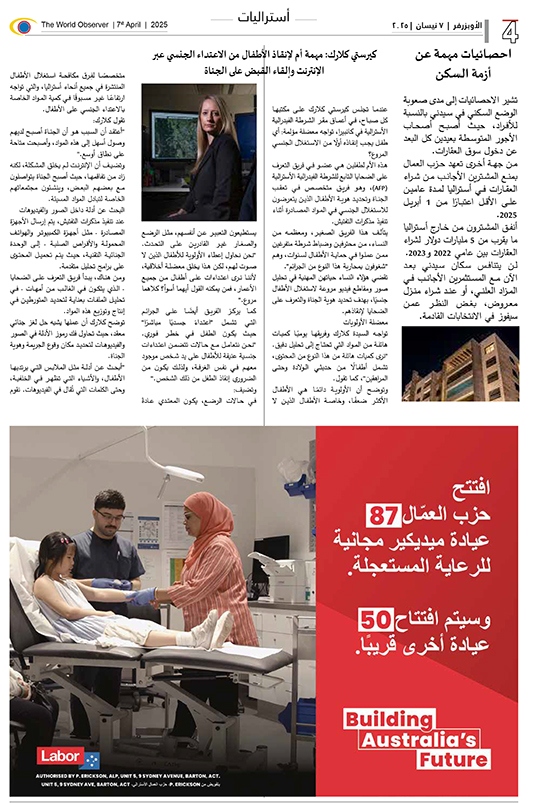
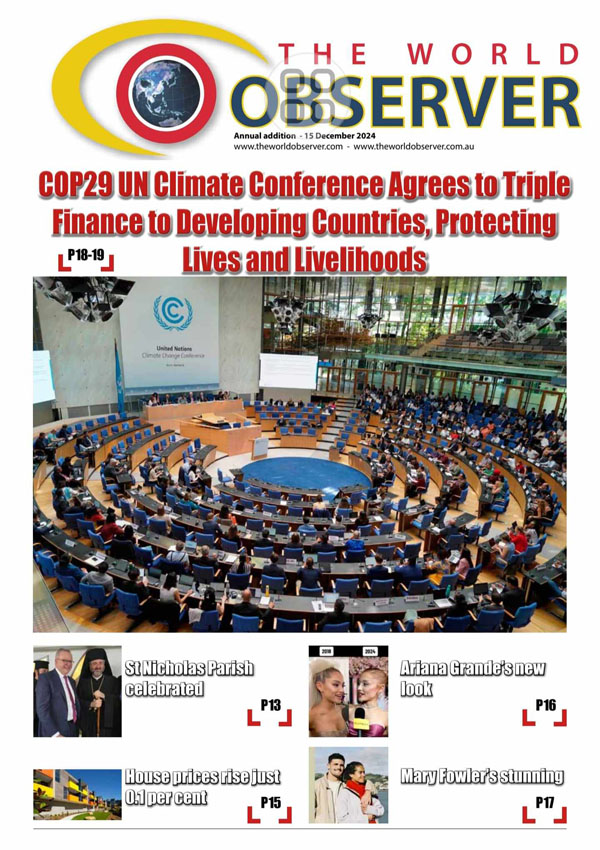
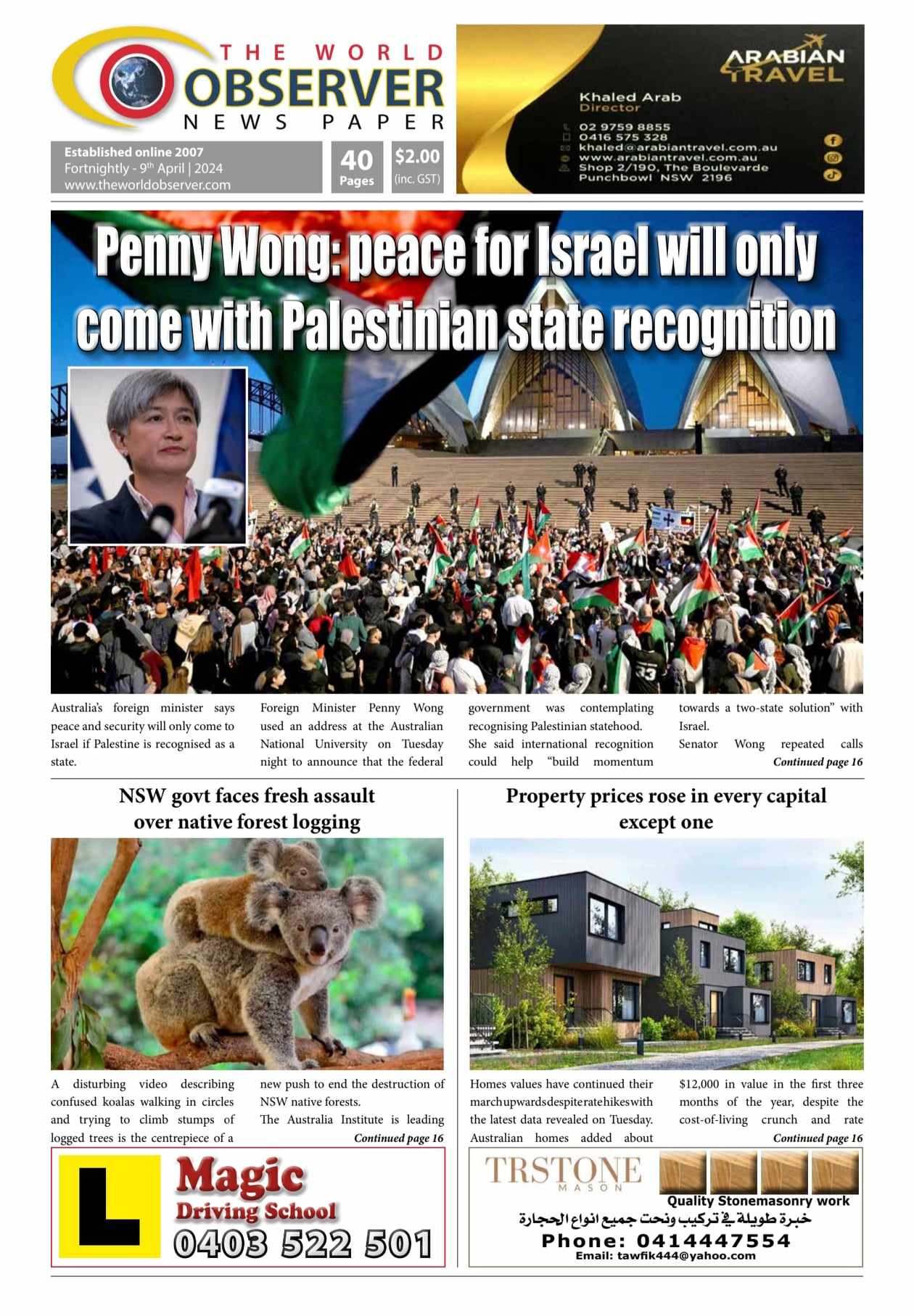

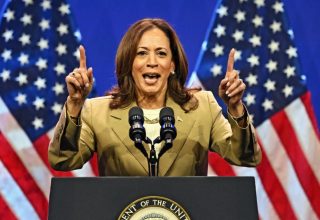



























 The World Observer Media produces a daily online newspaper, a daily Arabic online newspaper and a monthly printed Arabic/English magazine and a weekly printed Arabic/English newspaper.
The World Observer Media’s mission is to entertain and educate all generation from the Ethnic Communities in Australia, who are interested in local, national and foreign information.
The World Observer Media produces a daily online newspaper, a daily Arabic online newspaper and a monthly printed Arabic/English magazine and a weekly printed Arabic/English newspaper.
The World Observer Media’s mission is to entertain and educate all generation from the Ethnic Communities in Australia, who are interested in local, national and foreign information. 


